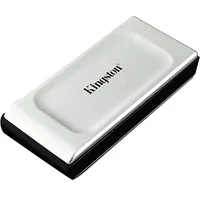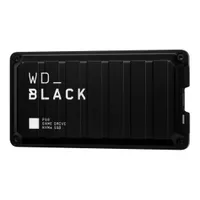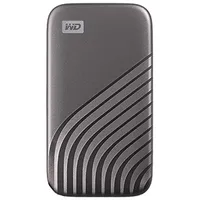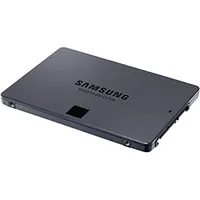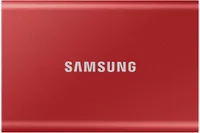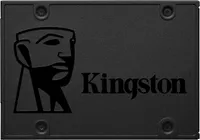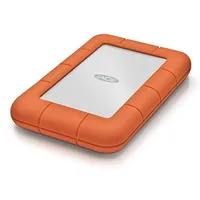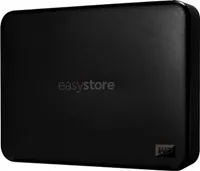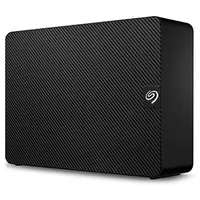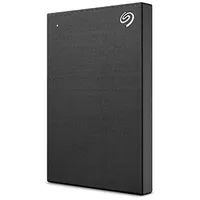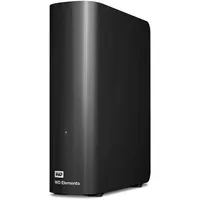This year is better than 2022 for Prime Day hard drive deals
These are the best Prime Day deals right now on hard drives – covering the more traditional models and the super fast SSDs. And we think they're better than last year's Prime Day.
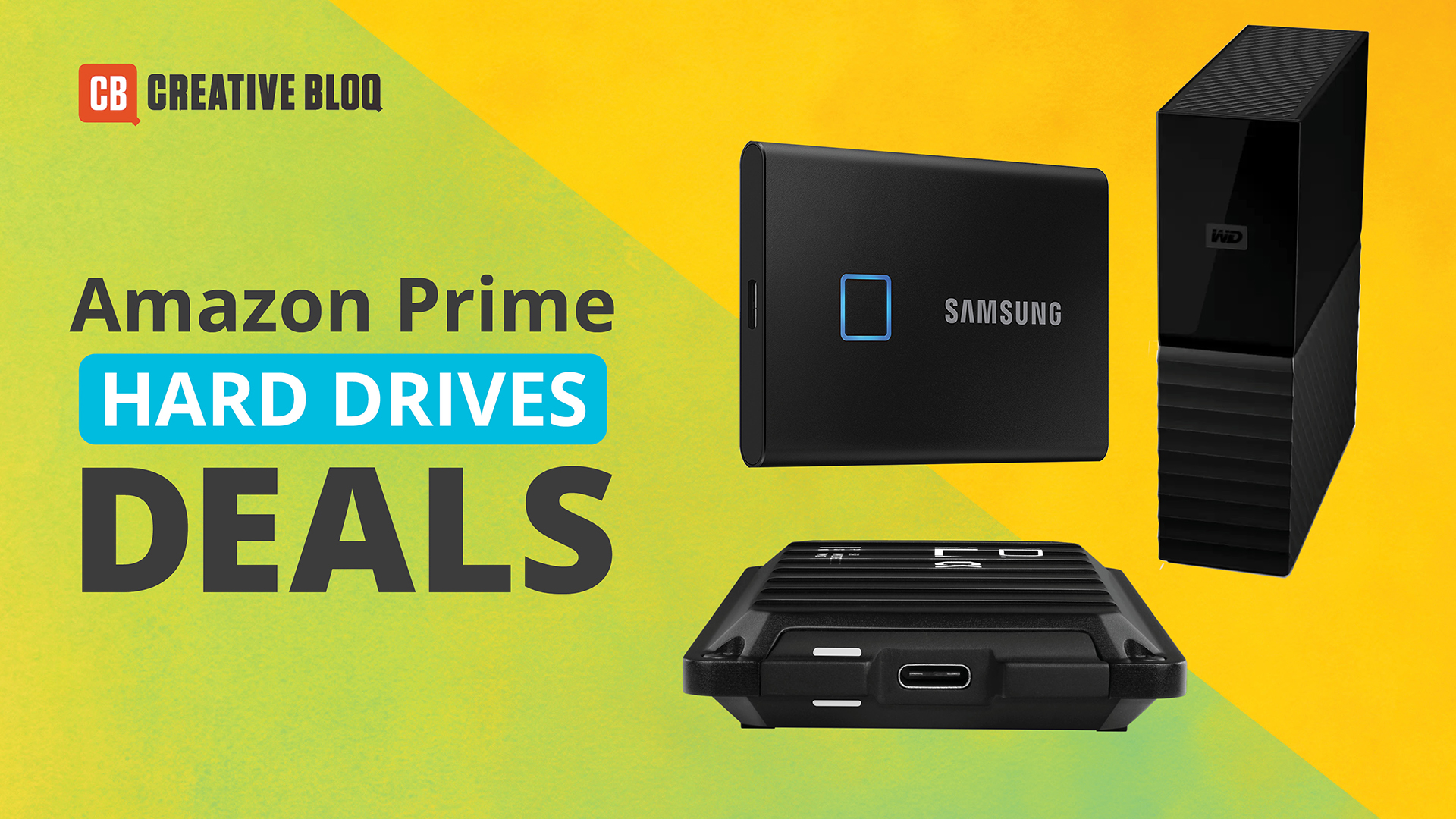
Daily design news, reviews, how-tos and more, as picked by the editors.
You are now subscribed
Your newsletter sign-up was successful
Want to add more newsletters?

Five times a week
CreativeBloq
Your daily dose of creative inspiration: unmissable art, design and tech news, reviews, expert commentary and buying advice.

Once a week
By Design
The design newsletter from Creative Bloq, bringing you the latest news and inspiration from the worlds of graphic design, branding, typography and more.

Once a week
State of the Art
Our digital art newsletter is your go-to source for the latest news, trends, and inspiration from the worlds of art, illustration, 3D modelling, game design, animation, and beyond.

Seasonal (around events)
Brand Impact Awards
Make an impression. Sign up to learn more about this prestigious award scheme, which celebrates the best of branding.
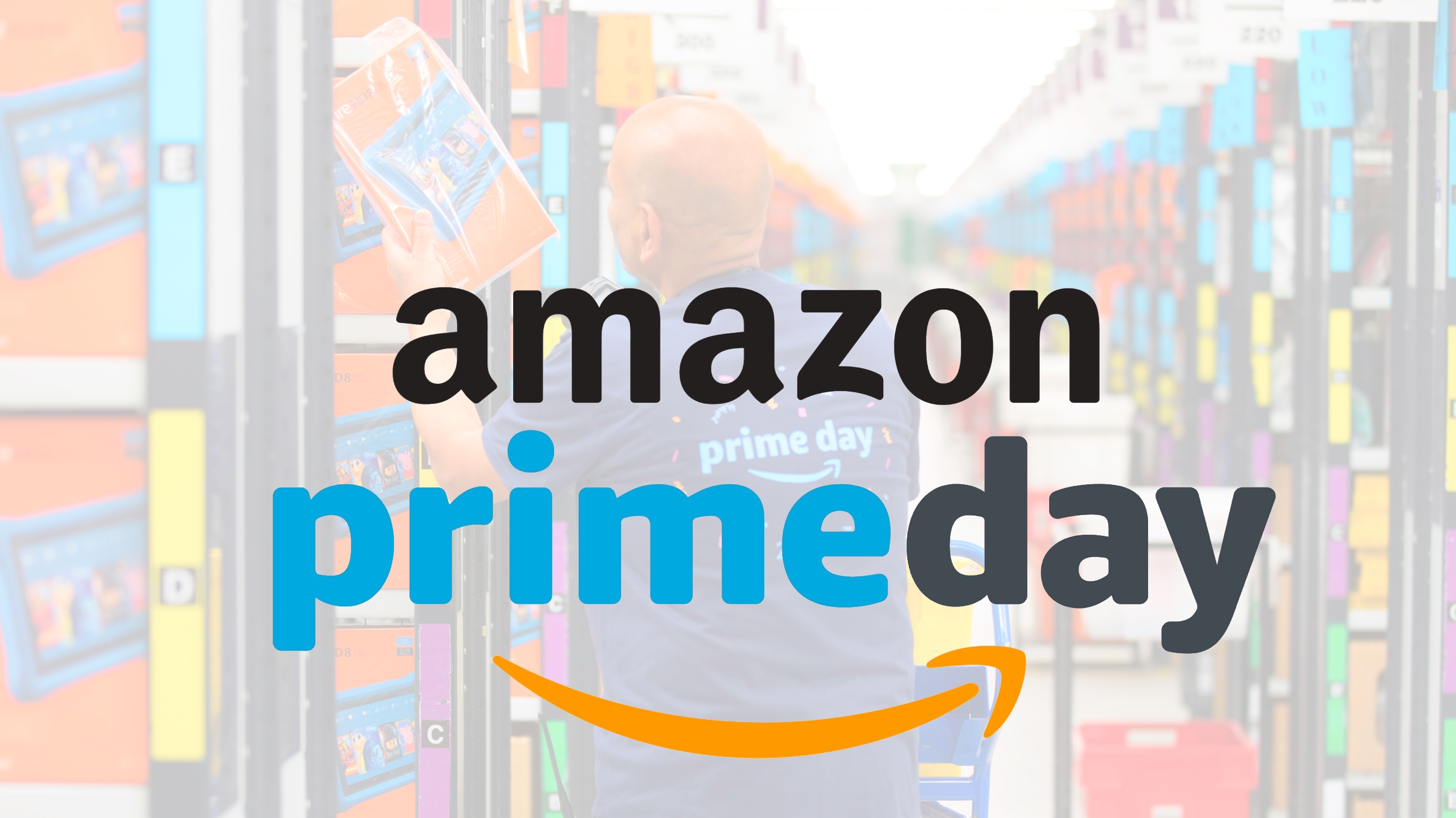
01. Quick links
02. SSD deals
03. Hard drive deals
Now is a great time to buy a hard drive. We've been covering external hard drive deals on Creative Bloq for years, and we're pretty good at catching the very best deals over Amazon Prime Day (if we do say so ourselves). But those two days in mid-July are only half the story, and we've often seen the best deals on hard drives fall on either side of the official event dates (that's 11-12 July this year).
For example, before Prime Day even begun we'd already found a couple of Prime Day hard drive deals that beat 2022's Prime Day prices (see below). And these are deals on the best hard drives, not any old second rate storage. But what's the ideal hard drive for you, and how much do you need to spend?
First off, I can tell you what you won't be wanting to get this Prime Day. The SanDisk Extreme SSD, and Extreme SSD Pro were recently identified by users to be faulty, and in some cases randomly wiping users' data completely. And though SanDisk has released a firmware update for the 4TB version, we think it prudent not to cover any deals on the model this Prime Day.
Remember, most of the best Prime SSD deals won't need you to have a Prime membership, but a few will, so think about getting the 30-day free Amazon Prime trial to make the most of those.
Quick links
Quick links: US
- Seagate (SSD, 5TB): get 5TBs for under $110 in this great deal
- Kingston (SSD, 2TB): high performance SSD for $159.99 at Amazon
- WD My Passport (5TB): save $35 on excellent SSD at Best Buy
- Samsung T7 (2TB): save $45 on the industry-leading SSD at B&H Photo
- WD Black (hard drive, 2TB): low prices on hard drive for $77 at Walmart
- LaCie Rugged (1TB): this rugged, mini hard drive is down 6% at Amazon
Quick links: UK
- Seagate (2TB): £71.90 at Amazon - down 16%
- Seagate One Touch (1TB): Just £40.90, was £60.65 at Amazon
- WD Heatsink SSD (1TB): Save £45.50 at Very
- LaCie Rugged Mini (5TB): Now £120.90 - save 21%
- Samsung T7 (1TB SDD): Was £79.99 now £55.99 at Amazon
- WD external hard drive (8TB): Now £153.99 at Amazon
Prime Day SSD deals: US
Read moreRead less▼
Kingston SSD, 2TB: $214.99 $159.99 at Amazon
Save $65: This 2TB SSD is fast, but it's also portable. It's diminutive size means you can easily pop it in your pocket, but don't let that fool you. With its USB 3.2 Gen connectivity and 2000MB/s transfer speed, this is a powerhouse.
Read moreRead less▼
WD Black P50 500GB SSD: $179.99 $129.99 at Walmart
Save $50: This game drive from WD is one of the best hard drives for gamers and offers the tools you need to level up. It has read speeds of up to 2000MB/s and has a SuperSpeed USB (20Gb/s) interface.
Read moreRead less▼
WD 2TB My Passport SSD: $379.99 $117.99 at Amazon
Save $262: This deal is over $60 dollars lower than the official Prime Day deal back in 2022. This 2TB option offers more than enough storage for most people and a massive saving of 38%. If you get in before they sell out, there's a range of colours available too.
Read moreRead less▼
SAMSUNG 870 QVO SATA III 2TB External SSD: $129.99 $99.99 at Amazon
Save $30: Another Prime Day deal that beats 2022's prices. Amazon has 22% off this fast and reliable 2TB Samsung SSD, which comes with tools to monitor the drive's health and status. There was previously a bigger discount, but some deals are already getting snapped up quickly.
Prime Day SSD deals: UK
Read moreRead less▼
Samsung T7 1TB SDD: £79.99 £55.99 at Amazon
Save £12: This metallic red storage option from Samsung offers high speeds for a reasonable price. It also includes two USB cables: Type-C to C and Type-C to A for convenience and fast data transfers.
Read moreRead less▼
Kingston A400 960GB SDD: £66.99 £38 at Amazon
Save £29: This internal 2.5-inch SATA SSD from Kingston is super reliable and a little more durable than most hard drives. It offers a Rev 3.0 interface with backward compatibility to Rev 2.0 and impressive Read/write speeds.
Prime Day hard drive deals: US
Read moreRead less▼
LaCie Rugged, HDD 1TB: $85 $54.99 at Amazon
Save $30: LaCie specialises in hardy, drop-proof HDD that you can take out and about with you, with peace of mind that it won't get damaged. This was $5 off before Prime Day but it's been knocked down further for the big day(s).
Read moreRead less▼
WD Easystore 5TB: $119.99 $109.99 at Best Buy
Save $10: If you need to back up a lot of data, look no further than this Western Digital drive. It has a USB 3.0 connection, a fast data transfer rate, and it comes with easy-to-use automatic backup software.
Read moreRead less▼
Seagate, HDD, 12TB: $339.99 $199.99 at Amazon
Save $140: Need massive amounts of storage? This Seagate desktop drive is the ticket. Amazon also has over $100 off the 14TB and 16TB versions in case you need a truly huge capacity (just click on capacity on Amazon to select the specs you want).
Prime Day hard drive deals: UK
Read moreRead less▼
Seagate 4TB External Hard Drive: £130.99 £120.89 at Amazon
Save £10: This Seagate 4TB external hard drive will not only keep your data safe, but it also comes with four months' of Adobe CC Photography software and a two-year data rescue service.
Read moreRead less▼
WD 8TB external hard drive: £211.99 £153.99 at Amazon
Save £58: If you're serious about storage then this 8TB should suit you perfectly. It has speedy data transfer, and is compatible with USB 3.0 and USB 2.0. Other sizes are available.
How do I know if it's a good Prime Day SSD deal?
We've been covering Prime Day SSD deals for a number of years now, and we only ever report on genuine savings on trusted drives. But we don't want you to just take our word for it. There are free tools that can help you make sure that you really are making the best buying decision when you see a deal that looks good to you (many of which we use).
Top of our list are easy tools that will allow you to see the price history of the product that you're thinking of buying. Google Shopping is good if you want to compare information of products, and the big one for Amazon (which we use all the time), is CamelCamelCamel. You can use the site, or get a browser extension, which will make checking the price an easy one click exercise.
What's the difference between SSD and HHD?
There are two types of external hard drive: hard disk drives (HDDs, also known as mechanical or traditional hard drives) and solid state drives (SSDs). All SSDs are faster, lighter and less power-hungry than HDD drives, which will be cheaper but also slower. HDDs are also good for storing lots of data as they often have a high capacity.
If you want to store huge amounts of data while keeping prices low, a HDD is the way to go – such as the ever-popular WD My Passport. But if speed is your top priority, then choose an SSD. Or, you can always use a smaller SSD for files that you need to access or move around often, and then store the other data that you use less often on a higher capacity HDD.
Daily design news, reviews, how-tos and more, as picked by the editors.

Beren cut his teeth as Staff Writer on the digital art magazine ImagineFX 13 years ago, and has since worked on and edited several creative titles. As Ecom Editor on Creative Bloq, when he's not reviewing the latest audiophile headphones or evaluating the best designed ergonomic office chairs, he’s testing laptops, TVs and monitors, all so he can find the best deals on the best tech for Creative Bloq’s creative professional audience.
- Beth NichollsEcommerce Writer
